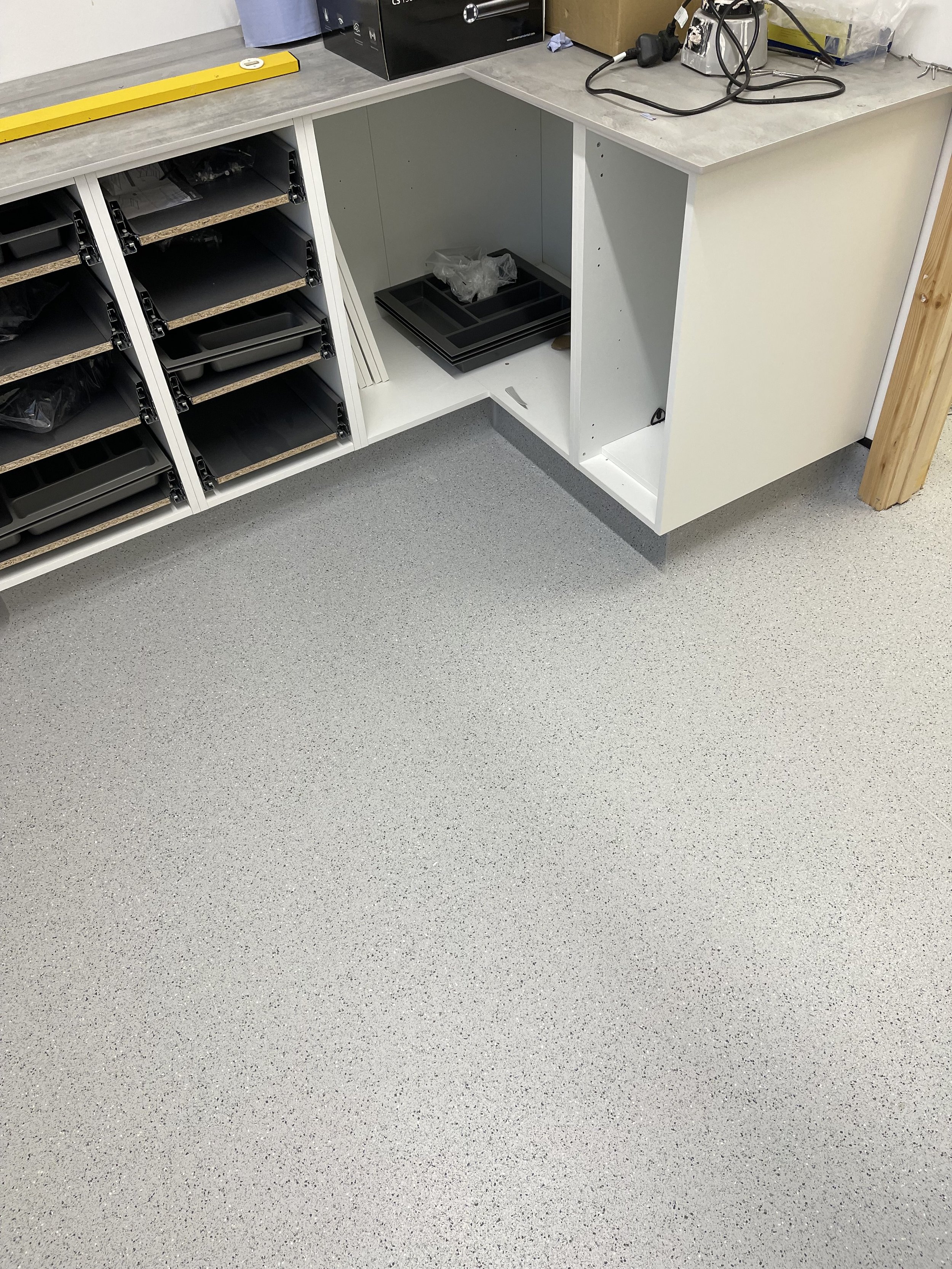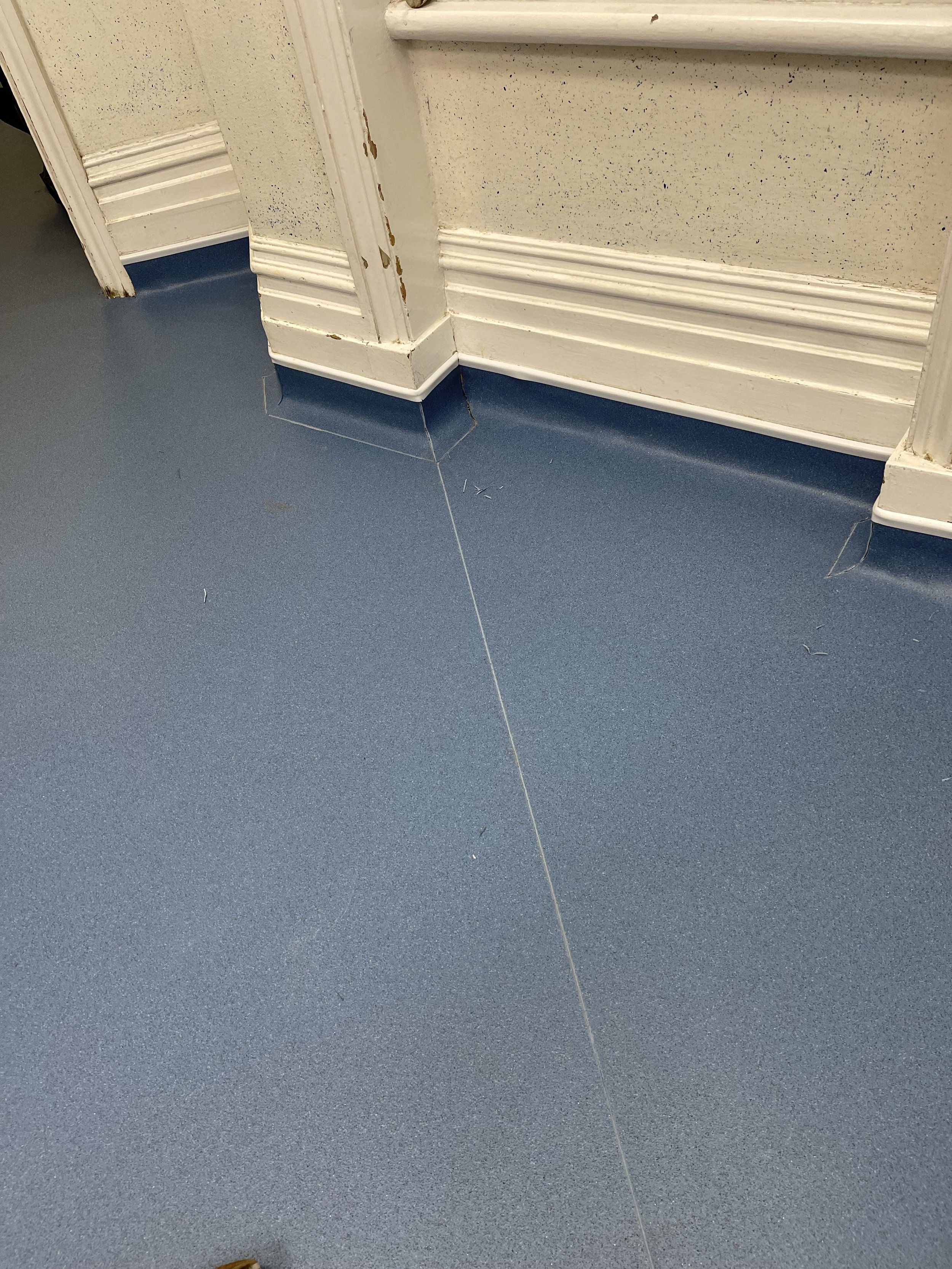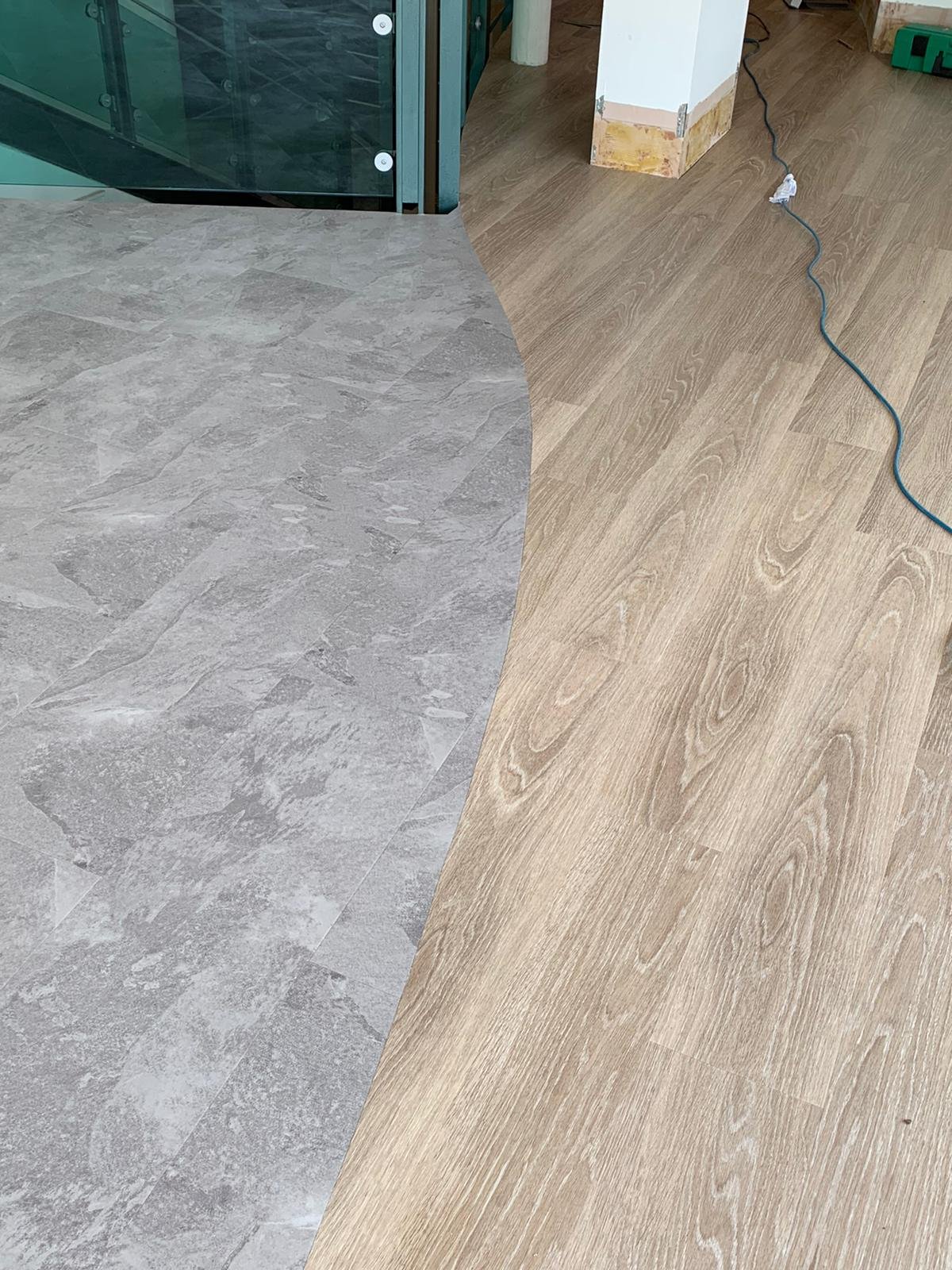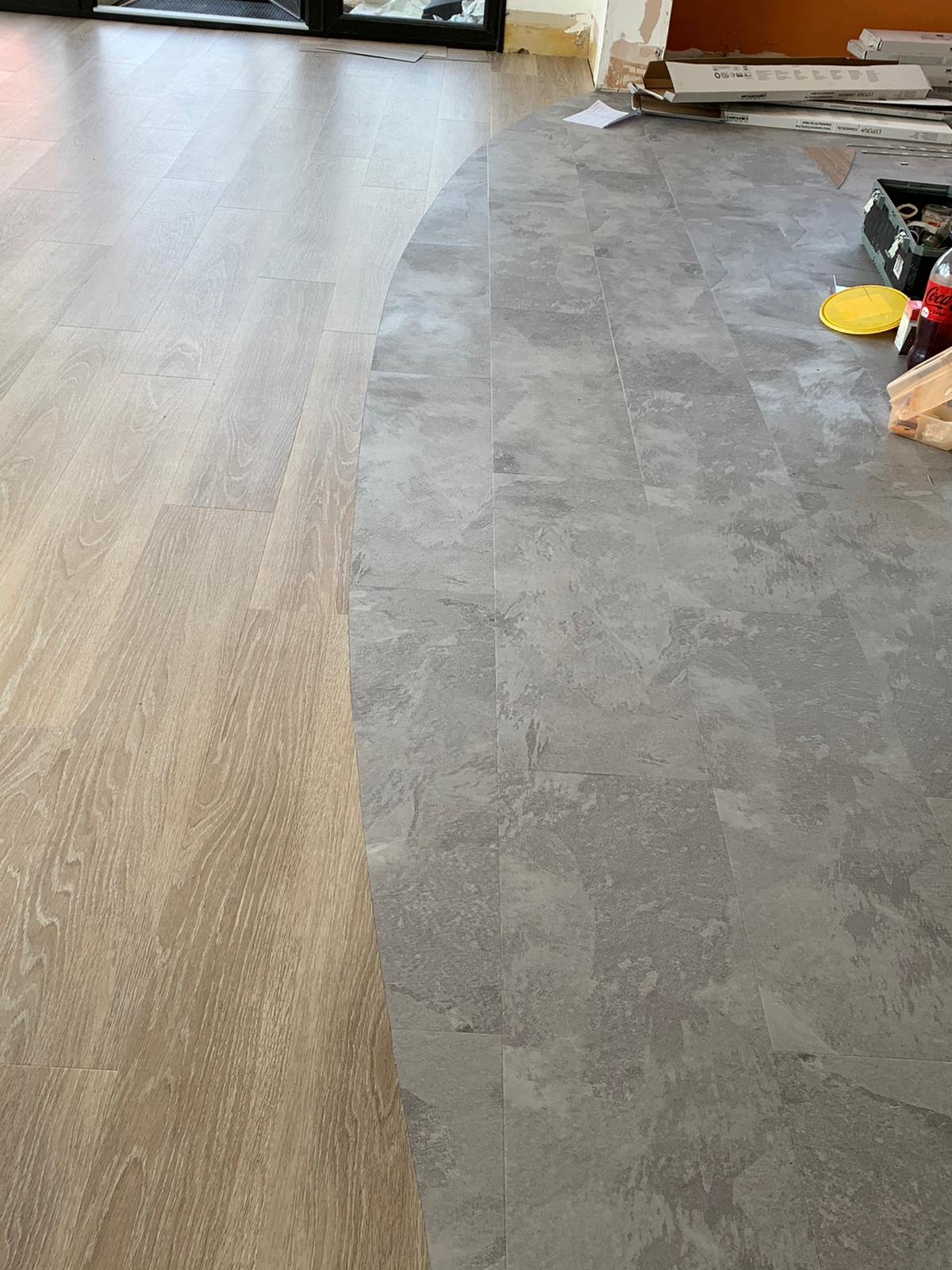Anti-Static Flooring Explained
Written by
Jack Williams, owner of Crescent Flooring
Published
August 7th, 2023
In an increasingly technology-driven world, protecting sensitive electronic equipment and maintaining safety in certain environments is crucial. One critical aspect often overlooked is the type of flooring. Anti-static flooring plays a vital role in various settings. In this blog post, we'll explore what anti-static flooring is, its common uses, and answer some frequently asked questions.
What is Anti-Static Flooring?
Anti-static flooring, also known as electrostatic dissipative (ESD) flooring, is designed to reduce or eliminate the risk of electrostatic discharge. This discharge is a sudden flow of electricity between two electrically charged objects, often caused by contact, an electrical short, or a dielectric breakdown.
Traditional flooring can generate electrostatic charges through simple actions such as walking or moving a chair. Anti-static flooring, however, includes special materials that control the electrical resistance, allowing the static charge to dissipate safely into the ground.
Anti-static flooring comes in various forms, including:
Anti-static Mats: Often placed in specific areas where protection is needed.
ESD Carpet Tiles: Designed for office spaces, these tiles provide comfort while managing static.
Conductive Tiles and Vinyl: Commonly used in industrial environments, offering both durability and static control.
Common Uses For Anti-Static Flooring
Anti-static flooring makes sense in environments like:
Data Centers: Protecting sensitive electronic equipment from static is crucial in data centers where valuable information is stored.
Electronics Manufacturing: Components are highly sensitive to static, and anti-static flooring prevents accidental damage during manufacturing or assembly.
Healthcare Facilities: Certain medical devices can be affected by static, making anti-static flooring essential in specific healthcare settings.
Retail Spaces: Some retail environments, especially those dealing with electronics, may benefit from anti-static flooring.
Educational Institutions: Laboratories and technology classrooms may employ anti-static flooring to protect equipment and ensure safety.
See examples of our flooring projects
Below is a small selection of the flooring projects we’ve completed.




Anti-Static Flooring FAQs
Q: How does anti-static flooring work?
A: Anti-static flooring is constructed with materials that have a controlled level of resistance. It allows electrical charges to flow through the flooring and dissipate safely into the ground, preventing sudden discharges that can damage equipment or cause sparks.
Q: Is anti-static flooring the same as conductive flooring?
A: While both control electrical discharge, conductive flooring has a lower level of electrical resistance, allowing quicker dissipation. Anti-static flooring offers more controlled resistance, suitable for various environments.
Q: Can I install anti-static flooring myself?
A: While some products may be suitable for DIY installation, professional installation ensures proper grounding and adherence to safety standards. It is typically recommended to consult with or hire an experienced professional.
Q: What maintenance is required for anti-static flooring?
A: Maintenance varies depending on the type of flooring. Regular cleaning with appropriate products is typically necessary, and a professional can advise on specific care and maintenance routines.
Q: Is anti-static flooring expensive?
A: Costs can vary widely depending on the materials and installation requirements. Though it may be a significant investment, the protection and safety it provides are often worth the cost in relevant environments.
Looking for anti-static flooring?
If you’d like a free, no-obligation quote for your own flooring project, click the button below and fill in our contact form. We’ll be in touch within 48-hours.
If you’d prefer, you can also email jack@crescentflooring.co.uk or call 07814 410413.
